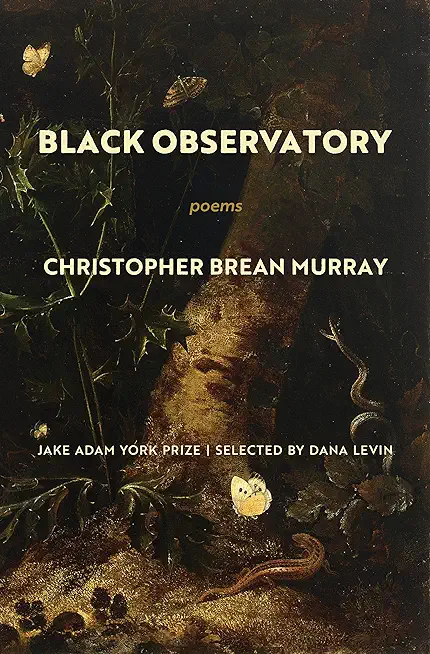
Wynter, Sylvia
Across this varied range of topics, a coherent and consistent thread of argument emerges from Wynter's oeuvre. In the vein of C. L. R. James, she placed the history of Spanish Jamaica (and therefore the Caribbean) in the context of the founding of the post-1492 European settler colonies in the New World, which remained an indispensable element in the first stage of the institutionalization of the Western world system. Therefore, a central imperative of her initial work has always been to reconceptualize the history of the region, and therefore of the modern world, but doing so, from a world-systemic perspective; that is, no longer from the normative perspective of the settler archipelago, but rather more inclusively, from those of the neo-serf (i.e. Indian) and that of ex-slave (i.e. Negro) archipelagos; this latter, as what she defines, adapting Enrique Dussel's terms, as the "gaze from below" perspective of "the ultimate underside of modernity."
Strongly influenced by Marx together with Black thinkers such as Aimé Césaire, Jean Price-Mars (seen in the Jonkunnu essay), W. E. B. Du Bois and Frantz Fanon, and with an appreciation of the insights brought by the New Studies of the Sixties (including that of Black redemptive co-humanist thought, feminism), Wynter's work has sought, from its origin, to find a comprehensive explanatory system able to integrate these knowledges, ones born of struggle.
This volume makes an important contribution to restoring to view an essential strand in the 500-year emergent thought generated from the slave/ex-slave archipelago of the Caribbean and the Americas--thought important to what our increasingly integrated world-system, the first such in human history.







